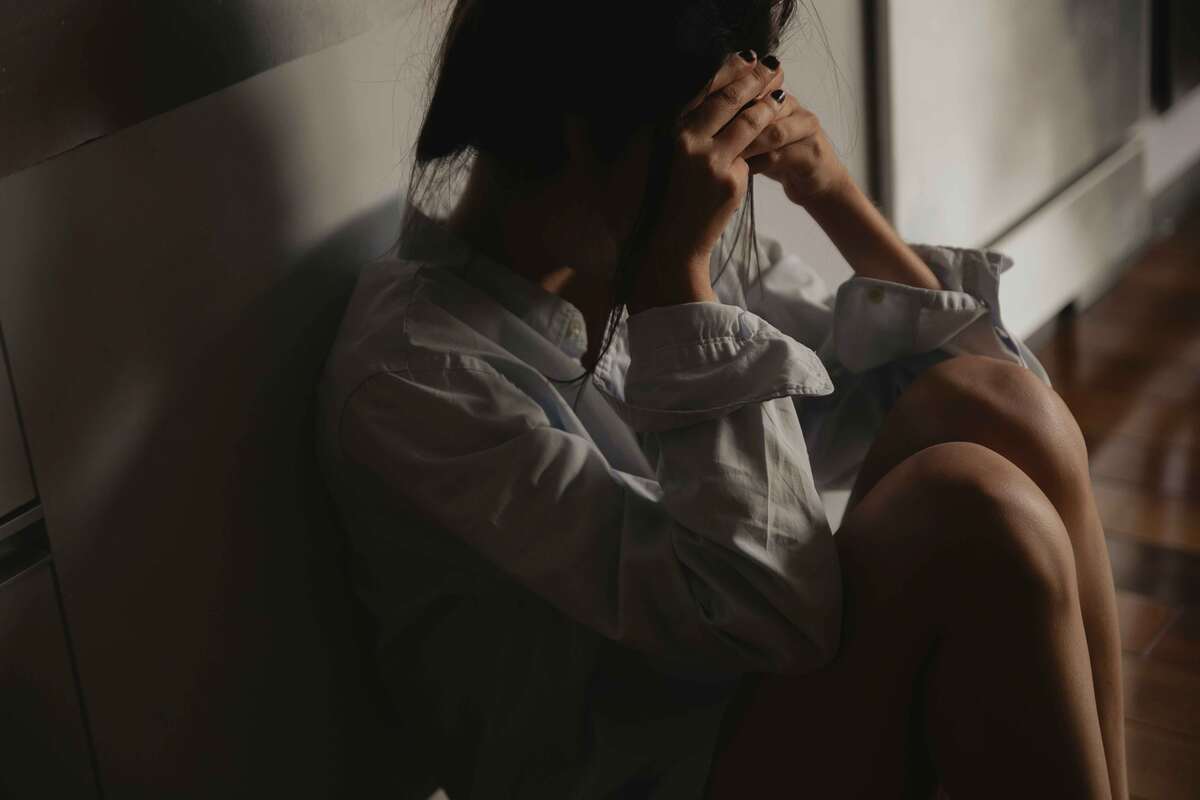Table of Contents
Dual Diagnosis Refers to Co-Occurring Mental Health and Substance Use Disorders
A dual diagnosis occurs when someone experiences both a mental health condition and a substance use disorder at the same time. This combination can intensify symptoms and complicate recovery if not properly addressed. Dual diagnosis treatment centers are designed to treat both conditions together, offering a comprehensive and integrated approach.

Why Dual Diagnosis Is Often Overlooked
Co-occurring disorders are frequently misdiagnosed or untreated due to overlapping symptoms. For example:
- Depression can be mistaken for withdrawal
- Anxiety may lead to self-medication with alcohol or drugs
- Mood disorders may go undetected until sobriety is attempted
Without simultaneous treatment, relapse is more likely and long-term stability is harder to achieve.

Common Co-Occurring Conditions in Dual Diagnosis Cases
Some of the most frequently diagnosed mental health conditions alongside addiction include:
- Depression and Substance Abuse: Individuals may drink or use drugs to escape emotional pain.
- Anxiety Disorders: Substances are often used to manage constant worry or panic.
- Post-Traumatic Stress Disorder (PTSD): Many people turn to substances as a way to numb trauma.
- Bipolar Disorder: The highs and lows of bipolar episodes can drive impulsive substance use.
Addressing both the addiction and the mental health condition is essential for lasting recovery.
How Dual Diagnosis Treatment Centers Work
Dual diagnosis treatment centers use integrated care models that coordinate mental health and addiction services under one program. A typical approach includes:
- Comprehensive assessments to identify both conditions
- Therapy (CBT, DBT, trauma-informed) tailored to each disorder
- Medication management for mood stabilization or psychiatric support
- Holistic care including mindfulness, nutrition, and stress reduction
- Continuity of care to ensure long-term progress after discharge
Why Treating One Without the Other Doesn’t Work
Treating only addiction or only the mental health issue leads to a high risk of relapse. For example:
- A person with untreated depression may return to substances to cope
- An individual sober from drugs may still struggle with anxiety that triggers risky behavior
- Mental health symptoms may worsen in early sobriety if not addressed
Dual diagnosis programs provide stability by targeting both conditions in sync.

Who Should Seek Dual Diagnosis Treatment?
You should consider dual diagnosis treatment if you:
- Use substances to manage mental health symptoms
- Experience anxiety, depression, or mood swings during or after substance use
- Have been through treatment before but relapsed due to mental health triggers
- Feel emotionally unstable even during sobriety
A dual diagnosis treatment center provides the necessary clinical support to navigate both conditions safely and effectively.
Addressing Common Misconceptions
“Isn’t Rehab Just for Addiction?”
No — many centers specialize in mental health and addiction together. Read more about Dual Diagnosis & Co-Occurring Disorder Rehab in Los Angeles →
“Can’t I Just Treat My Depression First?”
Treating one condition in isolation rarely leads to full recovery. Integrated care is key.
“What If I’m Not Sure I Have a Mental Illness?”
Assessments at dual diagnosis treatment centers are designed to identify underlying issues, even if they haven’t been diagnosed previously.
Integrated Care Leads to Stronger Outcomes
When both mental health and substance use disorders are treated together, outcomes improve dramatically. Individuals gain tools for emotional regulation, learn healthier coping mechanisms, and build a stronger foundation for recovery.











